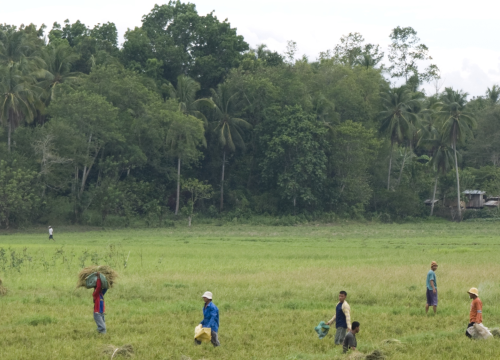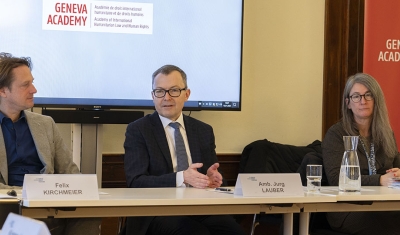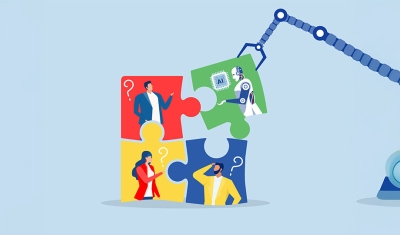Expert Seminar on the Right to Food Sovereignty and Other Collective Rights of Peasants


ICRC
29 September 2017
Should the UN Declaration on the rights of peasants and other people working in rural areas (UN Declaration) include a right to food sovereignty and other collective rights, such at the right to land and the right to free, prior and informed consent? Is agreed language available to define these rights in the UN Declaration being negotiated at the Human Rights Council (HRC)? How do states' representatives see the future of the negotiation process?
Our expert seminar, co-organized with the Government of Switzerland, the Permanent Mission of Bolivia to the United Nations in Geneva, and the Friedrich Ebert Stiftung, precisely aims at debating these questions.
Next Friday, at the Palais des Nations, more than 60 participants – academics, experts, states’ representatives and representatives of non-governmental organizations and social movements – will gather to discuss these issues in the context of the current negotiation of the UN Declaration.
This expert seminar will be a new occasion for our Research Fellows Dr Adriana Bessa and Dr Christophe Golay to present our Research Brief on The Right to Land and Other Natural Resources, in which they concluded that ‘the collective dimension of this right is often crucial for small-scale farmers, fisherfolks, pastoralists, hunters and gatherers’.
For Dr Christophe Golay, ‘the right to food sovereignty is one of the most debated rights in the draft UN Declaration, which explains why this expert seminar is very timely, when negotiation on the UN Declaration might enter in its last phase’.
The results of the discussion will feed into the upcoming session of the HRC working group in charge of negotiating the UN Declaration.
About our Research Project on the Rights of Peasants
As human beings, peasants and other people working in rural areas, including those working in small scale and traditional agriculture, fishing, herding and hunting activities, are entitled to all human rights. However, their vulnerability remains a particular concern. They represent 70 percent of people living in extreme poverty and 80 percent of the world’s hungry. Many are victims of multiple discrimination and human rights violations, and are not effectively protected by the International Labour Organization (ILO) conventions because they are not engaged in the formal sector.
Our project aims to support efforts to strengthen the promotion and protection of the rights of peasants and other people working in rural areas, and in particular to provide expert support to the negotiation of a UN Declaration taking place at the HRC.












